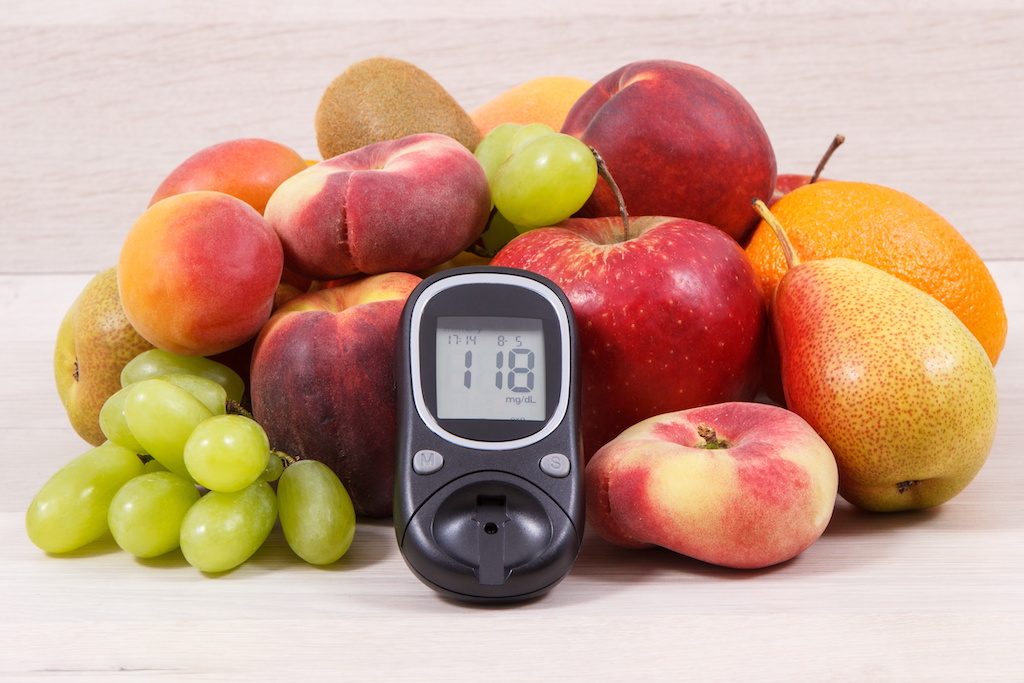Effective Nutritional Management of Type 2 Diabetes: Essential Tips

Managing type 2 diabetes can often feel like a balancing act, but with the right approach to nutrition, you can take significant steps toward improved health and well-being. At Umedoc, we believe that knowledge is empowering. This guide will provide you with essential tips for effective nutritional management, helping you make informed choices and take control of your diabetes.
Understanding the Role of Nutrition in Diabetes Management
Type 2 diabetes is a metabolic disorder characterized by high blood sugar levels. Diet plays a crucial role in managing this condition. By making smart food choices and understanding how different nutrients affect your body, you can:
- Regulate Blood Sugar Levels: A balanced diet helps prevent blood sugar spikes and crashes, promoting stable glucose levels throughout the day.
- Maintain a Healthy Weight: Losing even a small amount of weight can significantly improve insulin sensitivity and reduce the risk of complications.
- Improve Overall Health: A nutritious diet rich in fruits, vegetables, whole grains, and lean proteins supports heart health, blood pressure, and cholesterol levels.
Key Nutritional Strategies
- Prioritize Complex Carbohydrates: Opt for whole grains, legumes, vegetables, and fruits over refined carbohydrates like white bread, white rice, and sugary snacks. These complex carbohydrates are digested more slowly, leading to gradual increases in blood sugar.
- Choose Lean Protein Sources: Include lean meats, poultry, fish, beans, lentils, tofu, and low-fat dairy in your diet. Protein helps you feel full and satisfied, preventing overeating.
- Embrace Healthy Fats: Incorporate sources of healthy fats like avocados, nuts, seeds, and olive oil. These fats can improve insulin sensitivity and heart health.
- Limit Saturated and Trans Fats: Minimize your intake of red meat, processed foods, fried foods, and baked goods, as they are high in unhealthy fats that can worsen insulin resistance and increase the risk of cardiovascular disease.
- Monitor Portion Sizes: Even healthy foods can contribute to weight gain and blood sugar fluctuations if consumed in excess. Be mindful of portion sizes and use measuring tools or your hand as a guide.
- Hydrate Regularly: Water is essential for overall health and can help regulate blood sugar levels. Aim to drink plenty of water throughout the day.
- Seek Professional Guidance: A registered dietitian or a healthcare professional specializing in diabetes management can create a personalized meal plan tailored to your specific needs and preferences. Consider scheduling a consultation with the experts at Umedoc to receive personalized nutritional guidance and support.

Additional Tips
- Read Food Labels: Pay attention to the carbohydrate content, fiber content, and added sugar in packaged foods.
- Plan Your Meals: Preparing meals in advance can help you make healthier choices and avoid impulsive decisions.
- Be Patient: Nutritional changes take time to show results. Be patient and consistent with your efforts.
How Umedoc Can Help
Umedoc is your trusted partner in diabetes management. We offer a range of services, including:
- Nutritional Counseling: Our experienced dietitians can provide personalized guidance and support to help you create a healthy eating plan.
- Diabetes Education: Learn about the latest research and strategies for managing diabetes effectively.
- Telemedicine Consultations: Access convenient virtual consultations with healthcare professionals specializing in diabetes care.
Take the first step towards better health. Visit Umedoc today and discover how we can support your journey to effective diabetes management.
Summary:
- Nutrition’s Role: Diet is crucial for managing type 2 diabetes, regulating blood sugar, and improving overall health.
- Key Strategies:
- Prioritize complex carbohydrates over refined ones.
- Choose lean protein sources.
- Embrace healthy fats and limit unhealthy ones.
- Monitor portion sizes and hydrate regularly.
- Additional Tips:
- Read food labels carefully.
- Plan meals in advance.
- Be patient with the process of change.
- Umedoc’s Support: Offers nutritional counseling, diabetes education, and telemedicine consultations for personalized guidance.

This article reviewed by Dr. Jim Liu, MD and Ms. Deb Dooley, APRN.
There’s nothing more important than our good health – that’s our principal capital asset.
#medical #telehealth #umedoc






